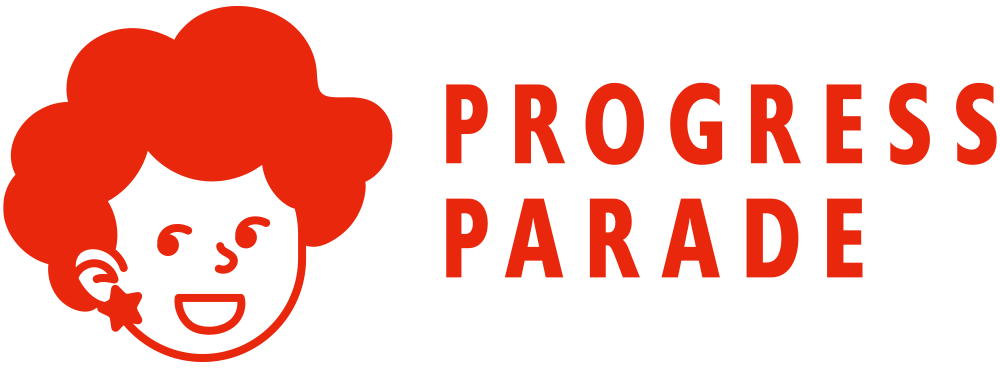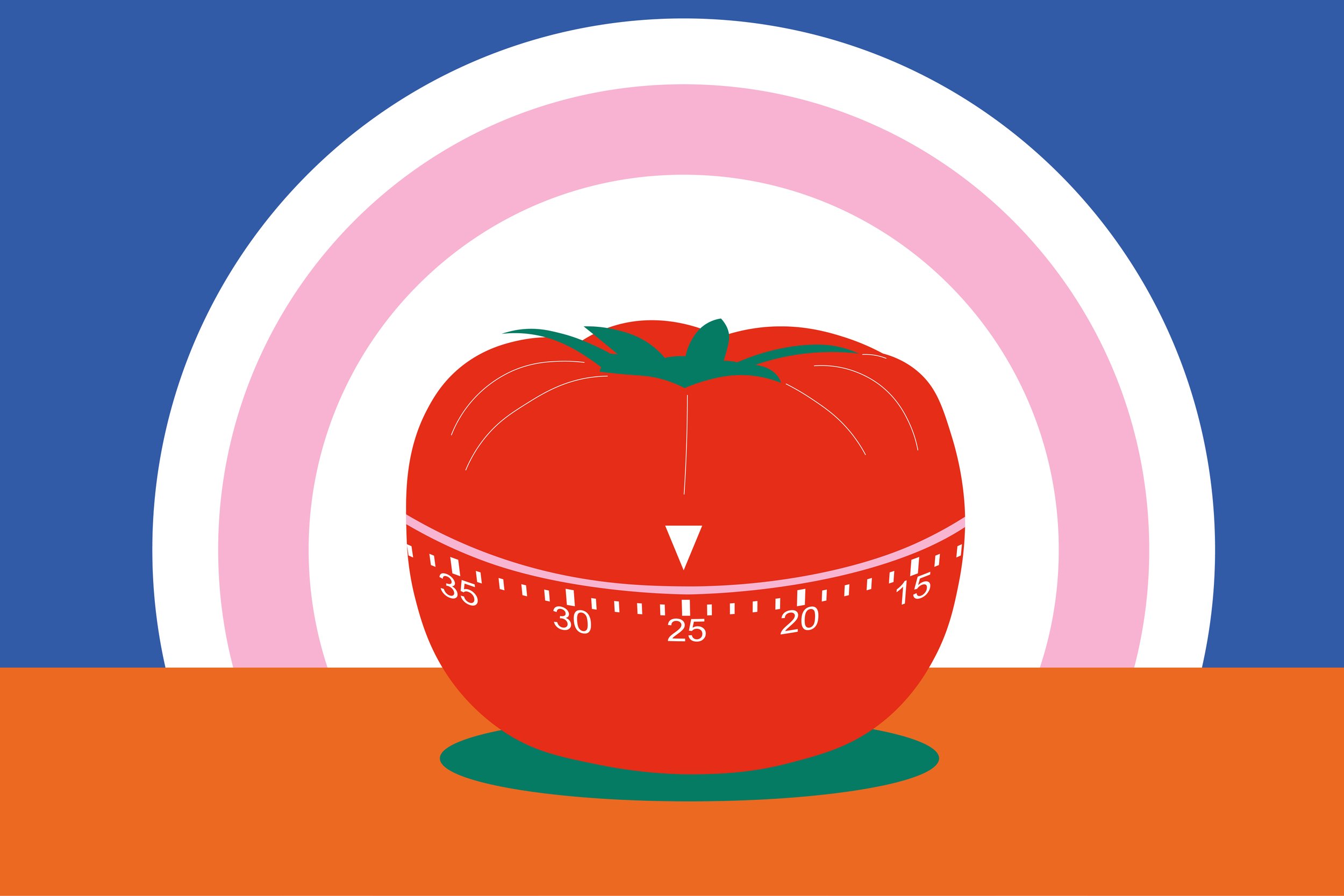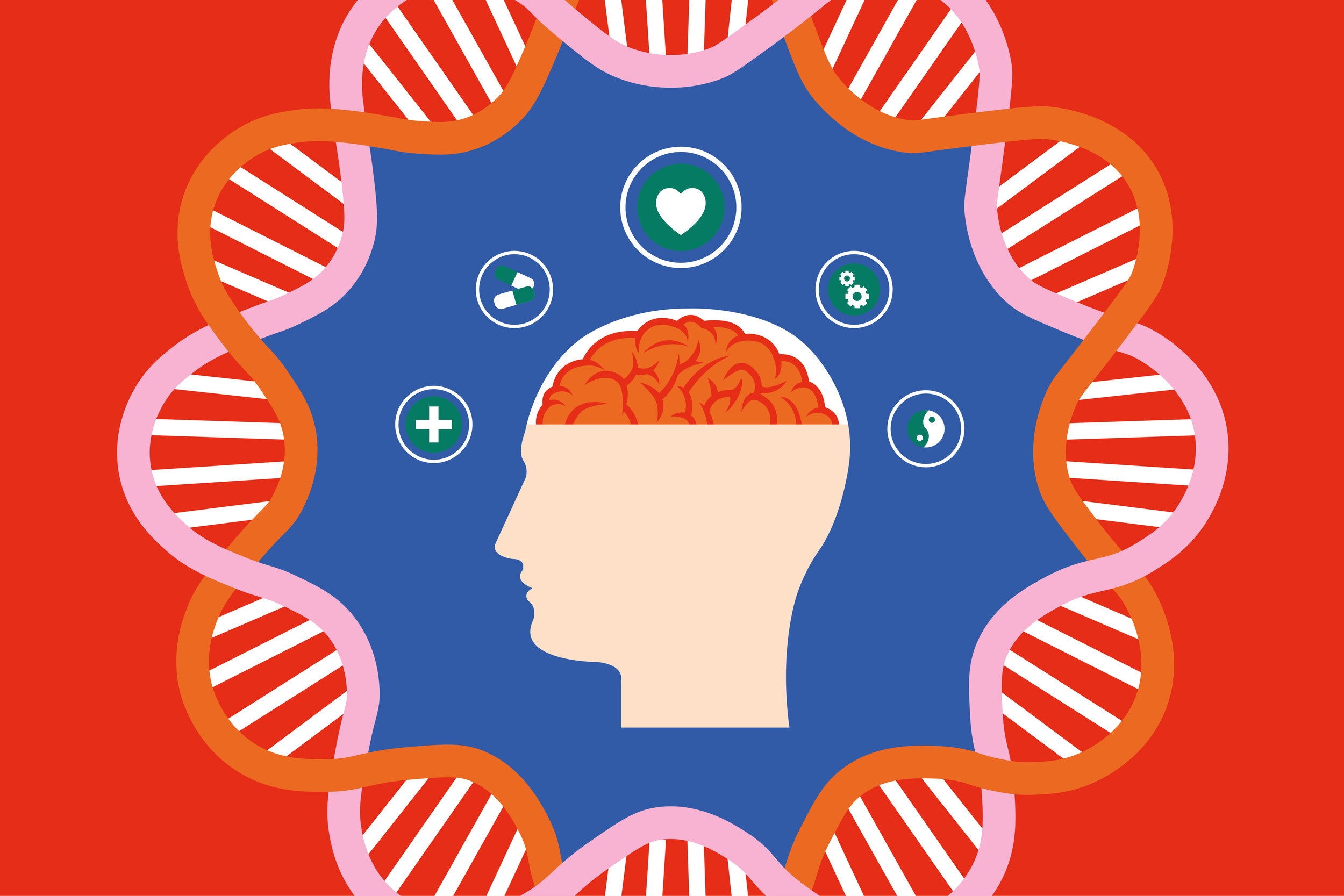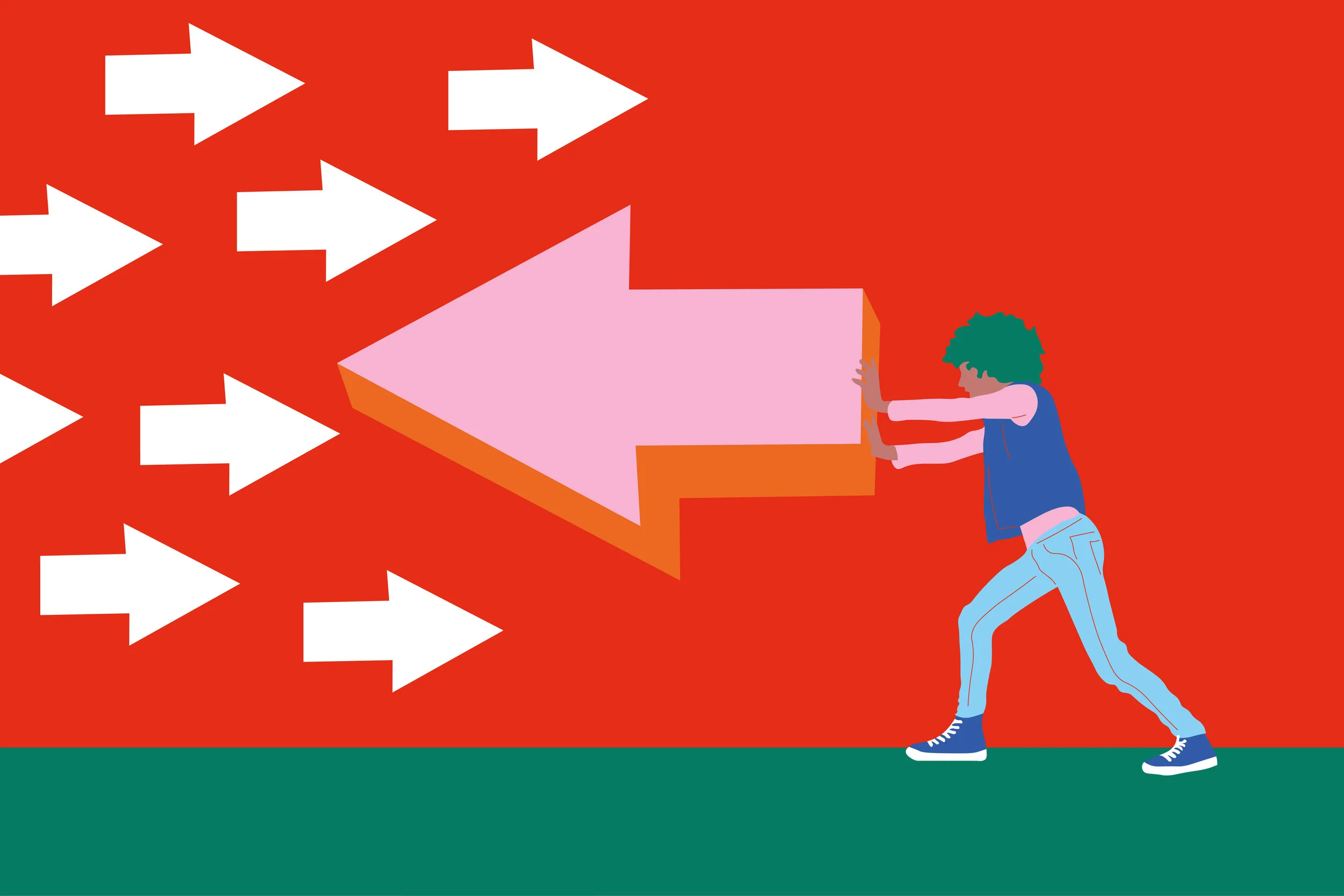Neurodiversity: dyslexia and learning disabilities in reading
As tutors for learning disabilities, we love to support our students in embracing their strengths and turning learning challenges into life-changing achievements. We've written a couple strengths based articles on learning disabilities such as the one where we highlighted some highly successful people who are successful because of, not in spite of, their learning disabilities and another about if learning disabilities can be cured.
Background to think about when discussing neurodiversity
We're excited to talk specifically about the beauty of neurodiversity as it relates to dyslexia and how it's important to our world. Some background on where we're coming from as we write this follows.
We all have strengths and weaknesses and, from our point of view, we're all diverse learners. Some weaknesses may land you with a diagnosis of learning disability (e.g. struggling with the skill of reading) whereas other weaknesses (e.g. being horrible with cardinal directions and geography) likely won't. It's important to recognize that at one point reading didn't exist (we invented it) so it was probably a much bigger problem, at that time, to be horrible with location and geography. Now that we all have GPS on our phones and step-by-step directions available at all times, the "navigation" skill is one that's easy-ish to live without. Since reading is a skill that we use a lot and have decided is pretty important, we have the term learning disability to help people get the help they need and understand themselves. Learning disabilities in reading, like reading itself, are things we invented to help solve problems that people face.
You with me so far? Can we all agree that:
we're all diverse learners and that each and every one of us has individual strengths and weaknesses we need to know about and sometimes compensate for and
that what skills are important and might be classified as a "disability" can be subjective and change based on the needs of the time?
"Advantages" of "dyslexic minds"
I've got the two terms in quotes up there for specific reasons. "Advantages" is in quotes because I never struggled with reading, so I don't think I get to talk about whether or not there are advantages to dyslexia. It's up to each individual person with dyslexia to decide how they feel about their diagnosis and to process their diagnosis at their own pace and on their own terms. Steven Spielberg, one of our famous people with dyslexia, has said he struggled every day with reading at school and said that each day that involved reading at school was a "long day in a long series of the worst days of (his) life". If that's how you or your student is feeling, I don't want to get up here and preach to you about the advantages of dyslexia. It can be very rough to struggle with reading.
That said, there will be stages to your journey, and, if you're ever ready to entertain the possibility that it might not all be bad news, this article will be here for you! I would like to contribute to the growing field of discussion that embraces neurodiversity and the strengths different brains bring to the individual and to our society.
"Dyslexic minds" is in quotes because I'm not a doctor who scans brains, so I'm not really looking at the physiology of anyone's mind. I will be talking about some trends that research is highlighting in people who have been diagnosed with dyslexia. Also, the term "dyslexia" has technically and mostly been replaced by variations of "learning disability in reading", but "dyslexia" is still used popularly so I'm going to go with it.
OK, with some significant caveat-ing behind us, let's jump in!
“Learning disabilities in reading, like reading itself, are things we invented to help solve problems that people face.”
Visual talents associated with dyslexia
Whatever the mechanism, one thing is clear: dyslexia is associated with differences in visual abilities, and these differences can be an advantage in many circumstances, such as those that occur in science, technology, engineering and mathematics.
Matthew Schneps in Scientific American
Reading is a visual activity, so it's not surprising that people with dyslexia tend to "see" things differently. One study in Mind, Brain and Education, found that, "many dyslexics favor the peripheral visual field over the center, which results in not only search deficits but also (more surprisingly) talents for visual comparison."
Basically that means that dyslexics may be better at picking out and finding differences than fluent readers. It sort of makes sense because reading is a very rote task which, when done fluently, can cause a person to miss details and fill in blanks in what they're seeing. We've all had the experience of trying to proofread our own paper or email and totally missing a word we skipped or typo. To read so quickly, our brain is relying on lots of heuristics which, logically, would set us up to miss some details.
Scientific American says it well in the following:
When illiterate adults were taught to read, an imaging study led by Stanislas Dehaene in France showed that changes occurred in the brain as reading was acquired. But, as these adults developed skills for reading, they also lost their former abilities to process certain types of visual information, such as the ability to determine when an object is the mirror image of another. Learning to read therefore comes at a cost, and the ability to carry out certain types of visual processing are lost when people learn to read…It may at first seem ironic that a difficulty can lead to an advantage, but it makes sense when you realize that what we call “advantages” and “disadvantages” have meaning only in the context of the task that needs to be performed.
We don't talk much about the costs of learning to read, huh? I understand why we don't (reading IS important), but it does shed some interesting perspective and light on the issue.
The same article discussed a few other observations:
dyslexics were among the fastest of any group to pick out impossible figures from similarly drawn "possible" figures
astrophysicists with dyslexia were better at picking out black holes from noise than undiagnosed peers
people with dyslexia can distribute their attention far more broadly than do typical readers
“We don't talk much about the costs of learning to read.”
Dyslexia and creativity
Another trait that may co occur with dyslexia was discussed in a 2019 Psychology Today article is creativity. Psychologist Dr. Beverly Steffart investigated dyslexia at a College of Art and Design and found that 75 percent of the students there had dyslexia. Dr. Steffart concluded that dyslexia was not necessarily a bad thing, but that it was a "trade off" between seeing the world in a vivid way and difficulty with the written word.
Most people would agree that starting a business, though not necessarily artistically creative, usually requires a lot of creativity. A 2015 article in The Guardian makes an argument that people with dyslexia are better at problem solving and focusing on the big picture, and that these skills can make them great fit for entrepreneurship. An emeritus professor of entrepreneurship at Cass Business school did research which found that 35 percent of founders self-identified as dyslexic. Another huge benefit of being an entrepreneur is being able to mold the job to your skillset, so people with learning disabilities can focus on the things they're good at and not rely heavily on things they may struggle with (like lots of written communication through email).
Dyslexics and narrative reasoning
In a 2011 interview with Wired, Brock and Fernette Eide discussed their book The Dyslexic Advantage. They report that 80-90 percent of the dyslexics they've worked with have what they call a "narrative-type brain". What that means is that remember facts as things like stories rather than an abstraction. As a result of this more common trait, "These individuals excel in fields where telling and understanding stories are important, like sales, counseling, trial law or even teaching. In addition, a large number of professional writers are dyslexic".
Should I really celebrate that my child has dyslexia?
We'll never tell you how to feel about anything you're experiencing. Hearing your child has a learning disability can elicit any number of feelings. Feelings (about anything) do tend to change over time, so, however you're feeling about it now likely won't be how you're always feeling about it.
What we hope is that, more and more, we all learn to celebrate neurodiversity and accept ourselves and one another. We believe that our current school system and society focuses too much on "fixing what's wrong". Individualized Education Plans (IEPs) usually create goals to improve skills that are "below grade level" but often give only lip service to developing and celebrating strengths. We're also learning more and more that the dominant narrative about a phenomenon isn't always the only or even the most accurate one. Maybe it's time we let ourselves question the dominant narrative of learning differences being weaknesses or things that need to be "fixed".
It's true that we all have to figure out how to work with our weaknesses, often through learning/improvement or through finding a work around/accommodation. But it's also true that strengths are just as important as weaknesses, and every child has a host of strengths that need to be crafted and honed to help them find the niche and need for which they're perfectly suited.
Dyslexia from a neurodiversity standpoint with emphasis on several strengths that often accompany a dyslexia diagnosis.
































